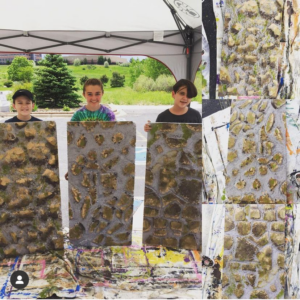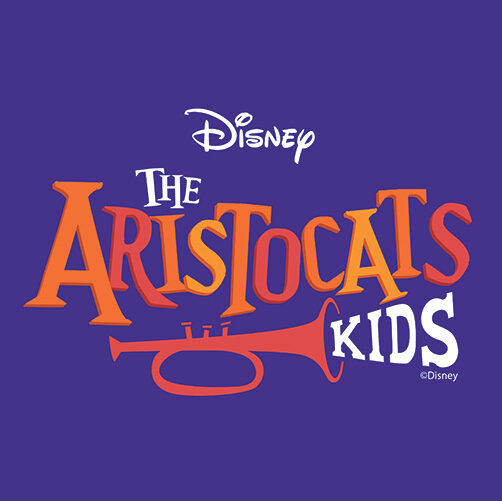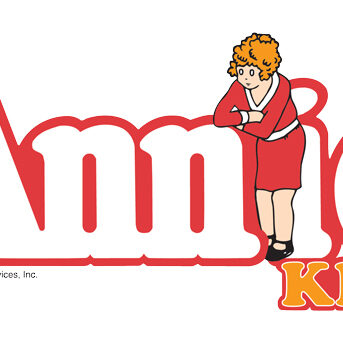Why Young Performers Need Technical Theater Skills

Theater is more than what meets the eye on the stage. Ask any theater professional, and they will agree that what happens behind the curtain is just as important as what happens in front of it.
Study.com describes technical theater as the unseen BUT essential part of a production. Without technical theater, a production becomes one-dimensional and prevents a story from becoming a fully immersive experience.
Part of growing and learning within a youth theater organization should include understanding the importance of technical theater.
What is Technical Theater?
Technical theater refers to all elements of a production except the actors. This includes costumes, lighting, props, scenery, and sound.
Each component adds to the authenticity, emotion, and connectivity unfolding on stage. Imagine Hamilton without proper costumes, The Lion King minus its puppetry props, or The Phantom of the Opera without its phenomenal effects.
Four Benefits of Understanding Technical Theater:
Successful technical theater relies on the tech team’s deep understanding of the story being told on stage. Similarly, performers should strive to understand the technical aspects of theater to help elevate the overall production.
Below are four reasons every performer should understand technical theater:
- Enhancing the Production: True to any healthy relationship, communication is key. Communication starts with speaking the same language. It is a win-win when cast members know and appreciate technical theater aspects – rehearsals run more smoothly, creative ideas come to life, and productions reach new heights. Understanding technical theater boosts a performer’s confidence and allows them to easily navigate the stage, rehearsals, and tech week.
Want to enhance your theater tech knowledge? Check out PAA’s Technical Theater Classes this fall.
2. Learn life skills: Technical theater teaches life skills that are useful beyond the stage. Performers learn to mend clothes, use power tools safely, and repurpose items using past props.
3. Increase networking opportunities: Participating in technical theater involves working with directors, costume designers, props masters, makeup artists, and more. Interacting with various people opens opportunities to learn beyond the script and songs.
4. Job Security: Technical theater offers consistent work when you are between performing gigs. Performers tap into behind-the- scenes creativity and build upon other skills that may lead to future opportunities.
In an interview with PLAYBILL, Lin-Manuel Miranda shares the importance of understanding technical theater.
“Study all the things that you don’t want to go into in theatre. Study lighting. Do all the things. For my theatre major, I did makeup, I ran lights, I did sound design, I sewed costumes, and that stuff comes in incredibly handy when you work with other people. Theatre is all about collaboration, so you have to actually understand a bit of the job your collaborators are doing, so that you can speak to them fluently.”
Expand your knowledge today and enroll in one of PAA’s Technical Theater Classes this fall.
Fall Shows
Summer Shows
PAA Awards























